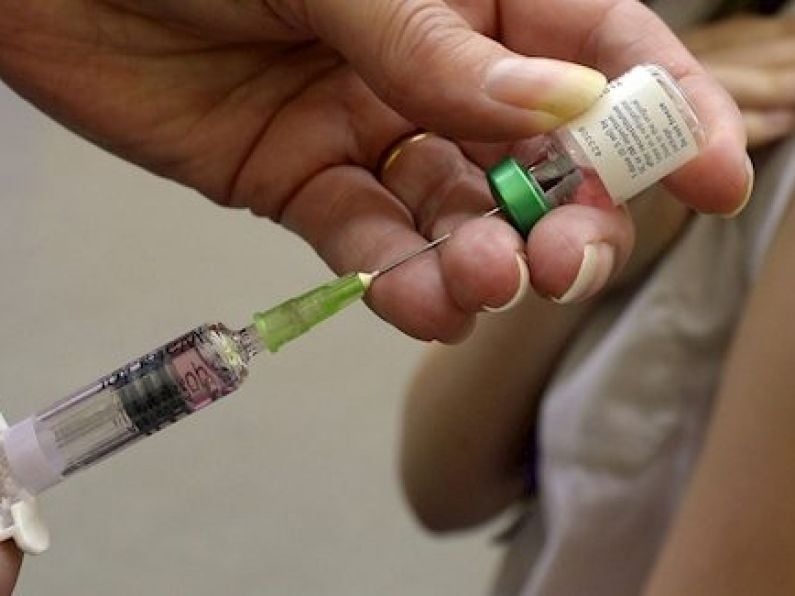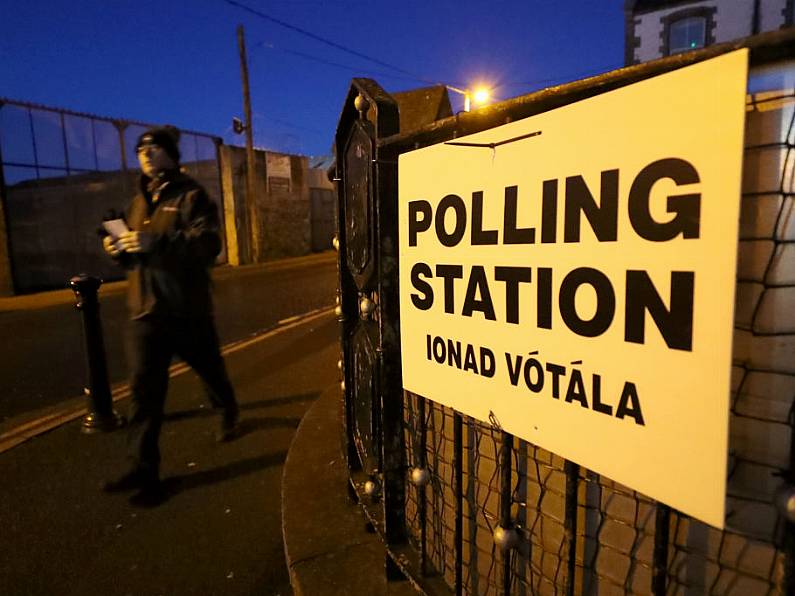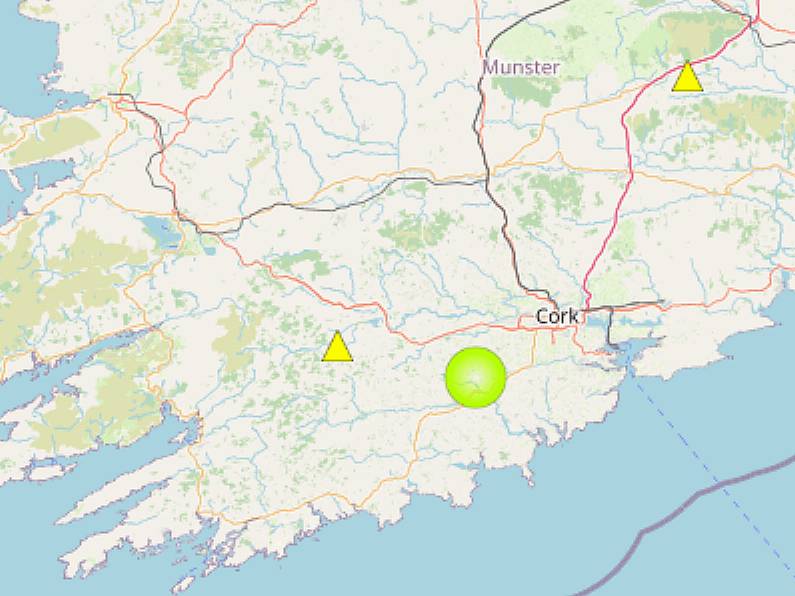There have been calls for Dublin City Council to implement measures to counteract a measles outbreak in the north inner city.
Councillor Éilis Ryan is tabling a motion next month calling on the council to help inform and educate people about the benefits of measles vaccinations.
The HSE says 13 cases of measles have been confirmed in that area of the city since July.
Councillor Ryan says the council should be leading the way towards a compulsory vaccination programme.
"All children who used shared services, whether that's childcare, education, or youth and sports facilities, need to be vaccinated before they can access them," she said.
"I think we can do that by making a policy in our own leisure centres and also by making a statement to the council that we believe that, nationally, the government should make a policy in favour of mandatory vaccination."
However, Anthony Staines, who is a Professor of Health Systems at DCU, has said that while he is not against the idea of mandatory vaccinations, other measures must also be considered to improve the uptake.
Prof Staines says that making vaccinations mandatory could lead to potential backlash due to some peoples' views on immunisation.
"What you could be doing is giving a lot of oxygen to very peculiar views about vaccination," he said.
"There are a lot of people out there who have very odd beliefs about vaccination which are simply untrue."
The World Health Organisation warned this week that holidaymakers should be vaccinated against measles as the number of cases across Europe soared to an eight-year high.
The WHO said that there have been 41,000 measles cases in Europe during the first six months of 2018 with at least 37 people reported to have died from the disease.
France, Georgia, Greece, Italy, Russia, Serbia, and Ukraine have had more than 1,000 cases each so far in 2018, with 23,000 people affected in the Ukraine.
We are seeing a dramatic increase in #measles infections in the European Region.
2018: 41,000 (Jan-Jun)
2017: 23,927
2016: 5,273Every country must keep pushing to increase immunization coverage & close immunity gaps https://t.co/rgrBmhJzlk #VaccinesWork via @WHO_Europe pic.twitter.com/LffAIrVDSy
— World Health Organization (WHO) (@WHO) August 21, 2018
Digital Desk






